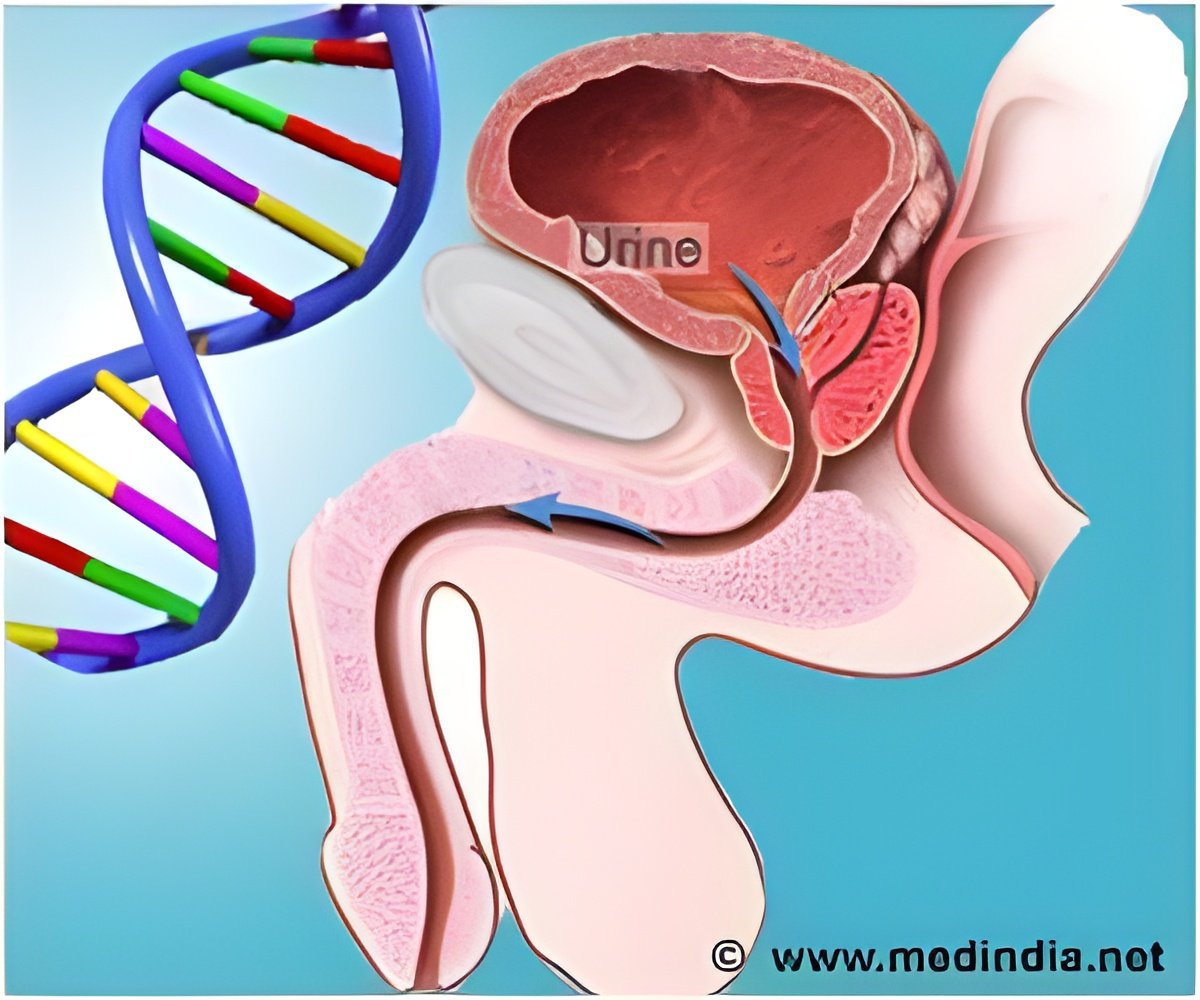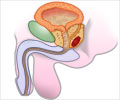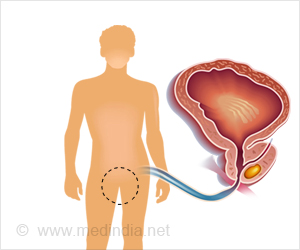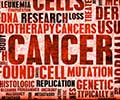A dual-targeting strategy that starves prostate tumors of critical nutrients shows promise for more effective treatments.

Coordination between the eIF2 kinase GCN2 and p53 signaling supports purine metabolism and the progression of prostate cancer
Go to source). The research, led by Dr. Kirk Staschke, assistant research professor of biochemistry and molecular biology, and Dr. Ronald C. Wek, Showalter Professor of Biochemistry, was published in Science Signaling.
‘Did You Know?
Prostate cancer is the second leading cause of cancer death in men. A man is diagnosed with prostate cancer every 2 minutes. #medindia #prostatecancer #men’





Prostate cancer is the second leading cause of cancer death in men. A man is diagnosed with prostate cancer every 2 minutes. #medindia #prostatecancer #men’
Advertisement
Resistance to Hormone-Based Treatments
Prostate cancer is a leading cause of cancer deaths in American men. Current treatments target the hormone testosterone, which prostate cancer cells need to grow. Unfortunately, prostate tumors frequently become resistant to these treatments, leaving doctors with few options to stop the disease.Advertisement
Starving Prostate Tumors of Nutrients
The research team discovered a promising new way to target prostate tumors by starving them of critical nutrients called amino acids. Like other tumors, prostate cancer cells need a lot of nutrients to support their rapid growth. As nutrients are depleted, a protein called GCN2 signals the cells to make more fuel for growth. The team reasoned that a drug that shuts GCN2 down would render the cancer unable to make enough fuel to survive."We were only partially correct," said Staschke, who is also a researcher in the Experimental and Developmental Therapeutics research program at the IU Melvin and Bren Simon Comprehensive Cancer Center. "Inhibiting GCN2 did slow the growth of the tumor cells, but it didn’t kill them. That's when we discovered the cancer has a backup plan."
Advertisement
Prostate Cancer's "Plan B" for Survival
The team went on to show that a protein called p53 was cancer's "Plan B." The p53, which is functionally retained in most prostate cancers — unlike in other forms of cancer — signals to restrict cell division and gather nutrients. Prostate cancers could be effectively destroyed when the researchers inhibited both GCN2 and p53."The current study exploits metabolic vulnerabilities unique to prostate cancer to starve it for essential nutrients and kill these tumor cells," Staschke said.
Reference:
- Coordination between the eIF2 kinase GCN2 and p53 signaling supports purine metabolism and the progression of prostate cancer - (https://www.science.org/doi/10.1126/scisignal.adp1375)
Source-Eurekalert






![Prostate Specific Antigen [PSA] Prostate Specific Antigen [PSA]](https://www.medindia.net/images/common/patientinfo/120_100/prostate-specific-antigen.jpg)







